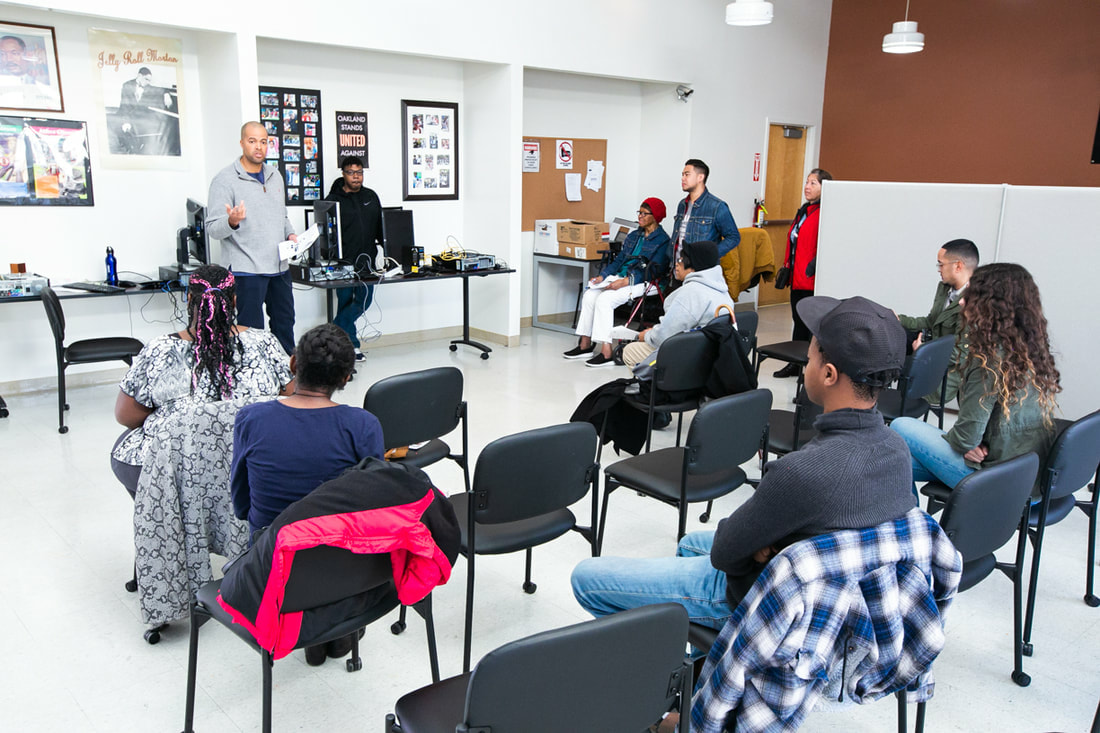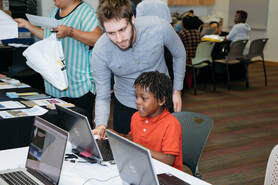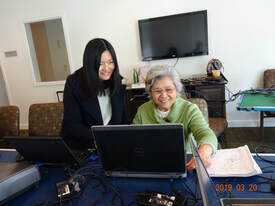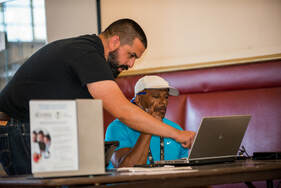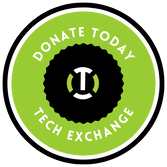|
Picture this: it’s the second semester of your sophomore year in high school, and you’re sixteen years old. You live in a single parent household in a public housing project, who’s making just enough to keep a roof over everyone’s head and feed a family that includes two younger siblings. You work a part-time job during the week and weekends so that you can save money for college; literally every cent goes toward application fees, testing fees, and savings to minimize the amount in loans you know you’ll have to take out. No one in the family makes enough to be able to afford the initial fees of setting up home broadband and wifi - much less a monthly plan - and you can only afford a voice + text plan for your smartphone. This means that you only get internet when you have access to a wifi hotspot. You have a very important paper due tomorrow, and you still need to make revisions before submitting it online. By the time you get off work and rush to the city library, it will close in thirty minutes, and the closest coffee shop has a policy that you must buy something in order to sit and use their wifi. Their cheapest drink is outside of your carefully planned budget.
What do you do? It isn’t fair that anyone should be in the position to have to solve such a conundrum. In a true democracy, full economic, social, and political participation makes a citizen. It’s not out of pocket to say that a person without prompt and continuous access to the internet - in the year 2019 - is a person being denied access to their full citizenship. Unfortunately, this is the situation that millions of Americans find themselves in, including low-income Californians right here in our own backyard. One in four Bay Area residents lives in poverty, and access to technology and tech skills are key to providing a ladder out of that poverty. So here at Tech Exchange, we decided that we would do something about it. Our Tech For Housing program exists so that the situation as described above never happens again. We provide families living in low-income housing with digital literacy workshops that are taught in five different languages. Each workshop is tailored to the needs and priorities of participating residents, who range in experience from beginner to advanced. Upon completion of 8 hours of instruction, each household receives a free refurbished computer with a one year warranty, on-site tech support, and assistance with low cost internet access options. To date, we’ve provided over 25,000 hours of digital training instruction, and currently, we’re servicing 10 different public housing sites across the Bay Area. Families, veterans, seniors, working adults & students alike are closer to economic empowerment as a result of our direct action, and it is our intention to keep going. We’re closing the digital divide a little bit everyday, because internet access and digital literacy is a necessity, not a luxury. Our federal government is behind the curve when it comes to addressing the digital divide. In all honesty, you can count our voice as one of the many authorities pushing for the internet to be treated and regulated as a public utility. However, until that day comes, we will continue to rise to the challenge of bringing full access to information - and therefore full democratic participation - to public housing residents of the Bay Area. To learn more about Tech For Housing and our other programs and services, visit www.techexchange.org for more information. On social media, follow @techXorg on Twitter, Instagram, Facebook and visit our company LinkedIn page: www.linkedin.com/company/techxorg.
0 Comments
Leave a Reply. |
Categories
All
Archives
July 2024
|

